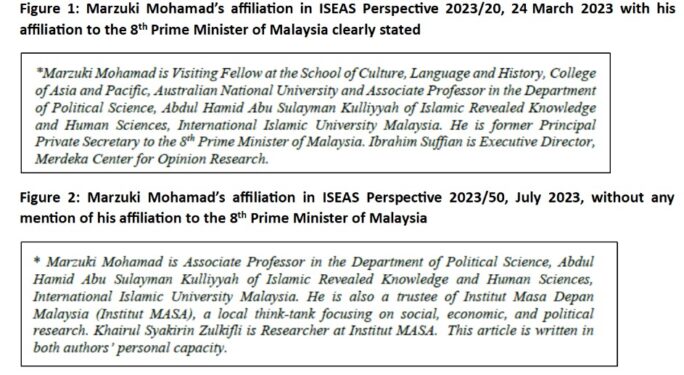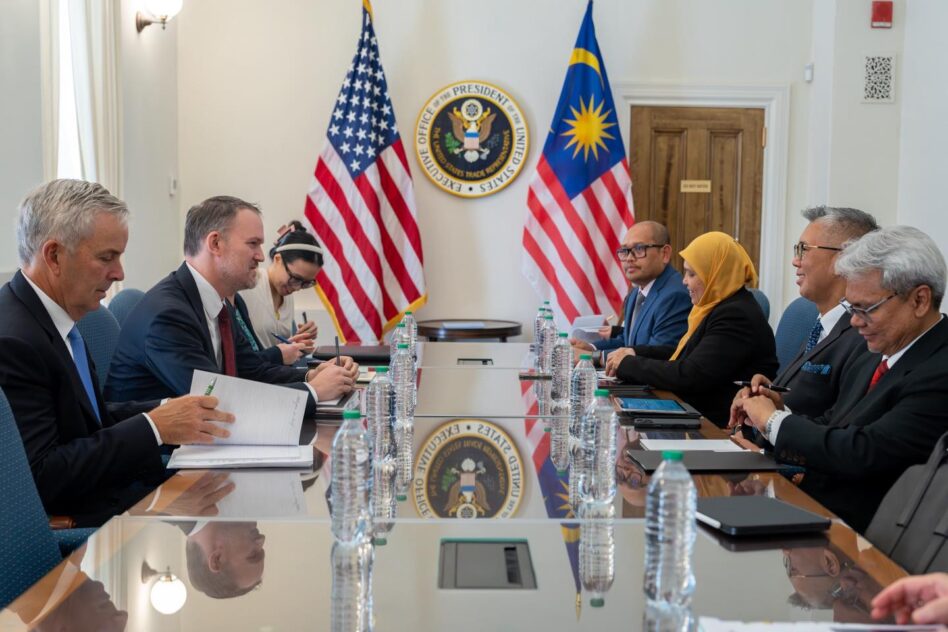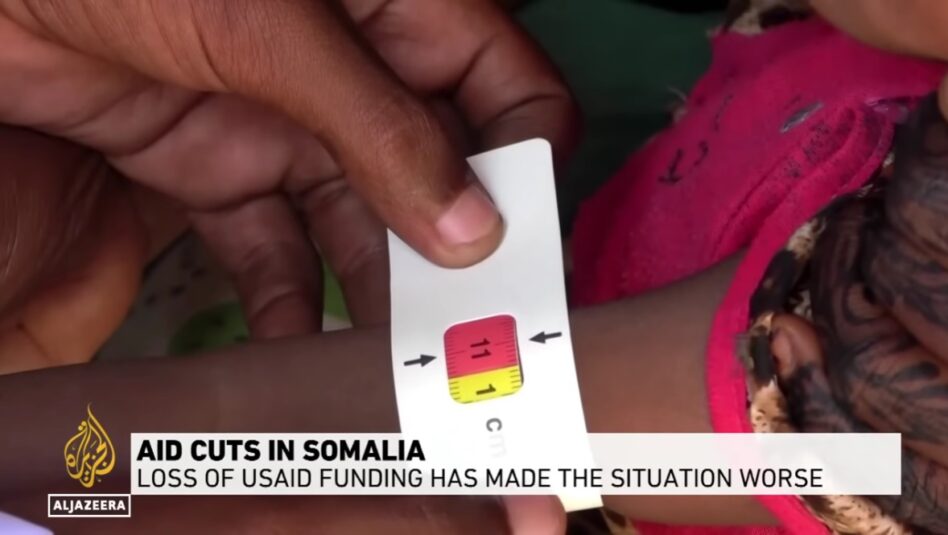CO-AUTHOR of the ISEAS-Yusof Ishak Institute (ISEAS) “Perspective” piece entitled “Why Perikatan Nasional (PN) May Win in Selangor” last week, Datuk Dr Marzuki Mohamad (main pic), was a former principal private secretary to eighth prime minister (PM) Tan Sri Muhyiddin Yassin.
The omission of Marzuki’s affiliation to the Bersatu president is an important one because the recent article on the prospects of PN in the upcoming state election in Selangor seem to give the impression that it was written by impartial researchers when in fact, this is not the case, according to former Bangi MP Dr Ong Kian Ming.
Moreover, the think tank which conducted the survey for the recent article – Institut Masa Depan Malaysia (MASA) – is also linked to Muhyiddin who is also the institute’s chairman himself.
“This is not to say that a politically-linked think tank like MASA cannot produce politically independent outputs,” Ong who is current DAP Selangor treasurer pointed out in a media statement.

“But in the interest of public transparency, these affiliations should be stated clearly by the authors, especially in articles which may seek to affect the electoral landscape in Malaysia.”
In a similar light, Ong who is also a Senior Visiting Fellow of ISEAS said he has written to the Singapore-based institute requesting that his affiliation as a former MP representing the DAP be included in his upcoming “Perspective” article entitled “Malaysia’s 2023 State Elections (Part One): Projections and Scenarios” which is slated for publication later this week.
In addition to affiliation, the former international trade and industry deputy minister also raised a few questions pertaining to the survey which Marzuki wrote alongside Khairul Syakirin Zulkifli who is a researcher at Institut MASA.
- The authors stated that they “collected 1,200 samples across ethnic groups in 39 Malay-majority state seats in Selangor. But the paper only examined a sub-sample of 850 Malay voters. The authors never explained how and why this sub-sample of 850 were chosen.
Was it because the data for the other 350 samples was “tainted”? Was it because the authors wanted to keep the sample of 350 to validate their hypothesis on possible vote transferability? The lack of clarity on how and why this smaller sub-sample was chosen inevitably raises questions on the accuracy of the arguments made in this paper.
- One should question why the authors did not attempt to conduct any quantitative analysis of the survey data to test some of the hypothesis and arguments put forward in the article.
For example, the authors could have run some simple regressions to find out if those BN (Barisan Nasional) Malay voters who were “unsure” of who to vote for in the upcoming state elections were more or less likely to have favourable ratings for Datuk Seri Anwar Ibrahim, Muhyiddin or Datuk Seri Ahmad Zahid Hamidi to test the hypothesis that it is an “unwritten rule of thumb for Malaysian pollsters to allocate to the opposition parties a greater percentage in the ‘unsure voters’ category for a few reasons”.
Such quantitative analysis would have provided more substantive evidence of the arguments which the authors were making in this paper.
- One should most definitely question why the authors did not try to simulate the expected election results in Selangor using the vote transferability data it collected among the Malay voters.
Such a simulation would definitely have helped clarify the hypothesis on “Why Perikatan Nasional May Win in Selangor” which is the title of this recent article. One of the reasons why the authors did not conduct such a simulation could be because they totally ignore the impact of the vote transferability of non-Malay voters in Selangor.
While the vote transferability of the Malay voters from BN to PH (Pakatan Harapan) and from PH to BN will be crucial in determining the eventual winners in the 39 Malay majority seats in Selangor, one should not forget the influence of the votes of the 30% of non-Malay voters in these seats.
In marginal seats, a high vote transferability among these voters from PH to BN may be key to ensuring victory for some of the BN candidates. At the same time, even a relatively low level of vote transfer from BN to PH may not be sufficient for PN to win some of the Malay majority seats because of the electoral margins currently enjoyed by PH in Selangor. – July 10, 2023
Main pic credit: Sinar Harian









